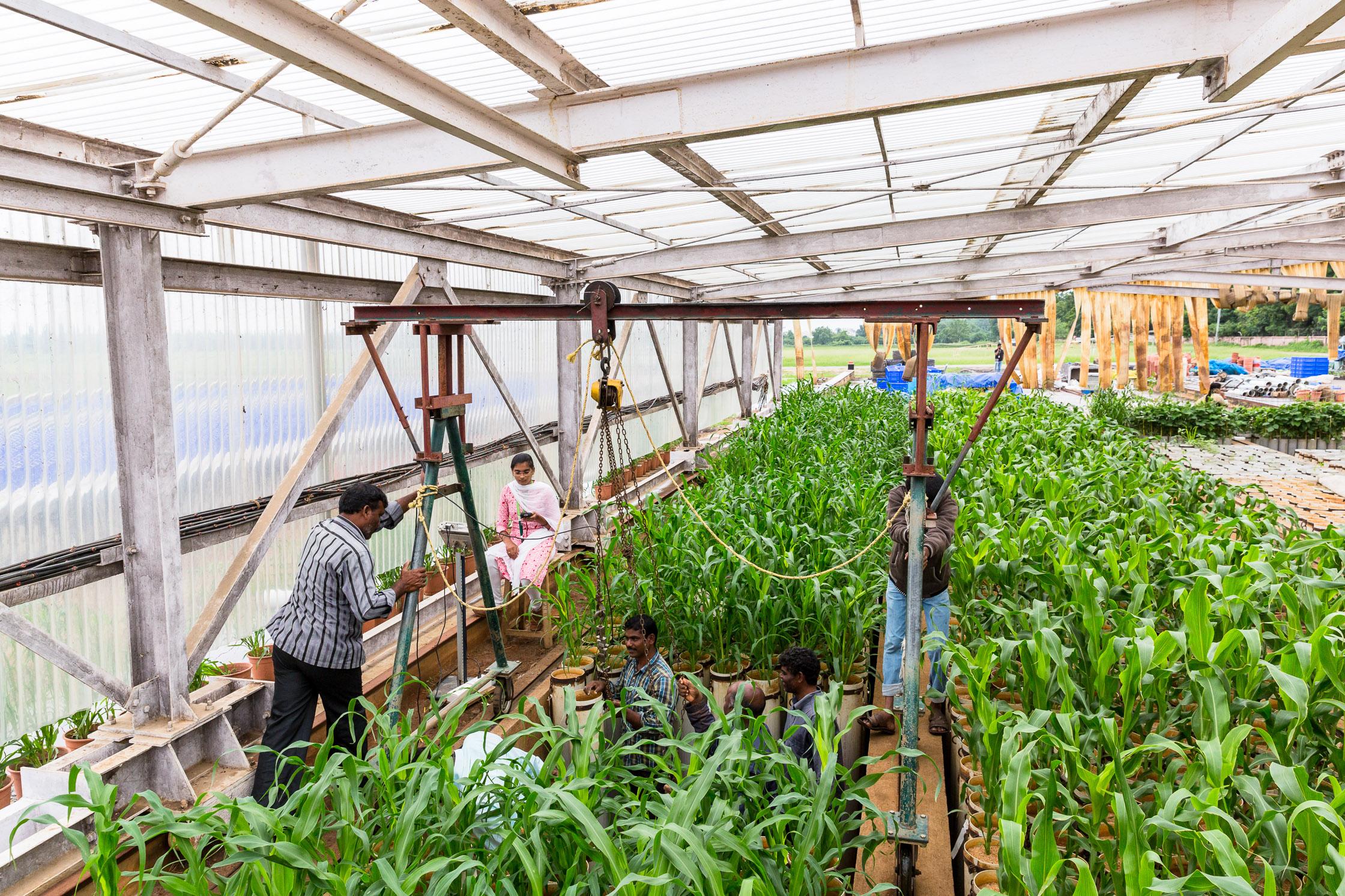
TIGR2ESS objectives and outcomes have been jointly framed by the consortium partners
India’s Green Revolution produced significant benefits for the country. The greatest positive impact was felt in regions and on farmers who were able to harness benefits from the combination of new technologies, increased inputs and research-led innovation that have characterised agrarian transformation over the last fifty years. Despite these positive outcomes, there is widespread agreement that the 21st century demands new thinking to address new and emergent challenges, driven by changes in migration and settlement patterns, new forms of economic activity, changes in global commodity markets, and significant environmental challenges.
The Objectives of TIGR2ESS are:
• to define the requirements and set the policy agenda for a 'second Green Revolution' in India, framed by demographic changes affecting rural communities and feminisation of smallholder farming systems.
• to develop and strengthen alliances across a carefully selected network of UK and Indian experts, to build a collaborative, long-term research partnership in sustainable agriculture that will set India on the path to a second Green Revolution.
The Project addresses Four Key Research Questions:
- What should a Second Green Revolution deliver?
- Can crop productivity increase, whilst maintaining yield stability?
- Can water supplies be shared to match community demand?
- How can we best engage and education for local community wellbeing?
TIGR2ESS will tackle these four thematic questions through fundamental research, structured into six Flagship Projects.
Anticipated outputs:
- Consolidated research partnerships and networks in India and the UK;
- Enhanced wellbeing and nutrition for female farmers and rural communities in India;
- Resilient supply chains for urban populations in India and the UK;
- Extensive, engaged network of academic stakeholders, NGOs and industrial partnerships, to help deliver a new Green ('Evergreen') Revolution in India.

